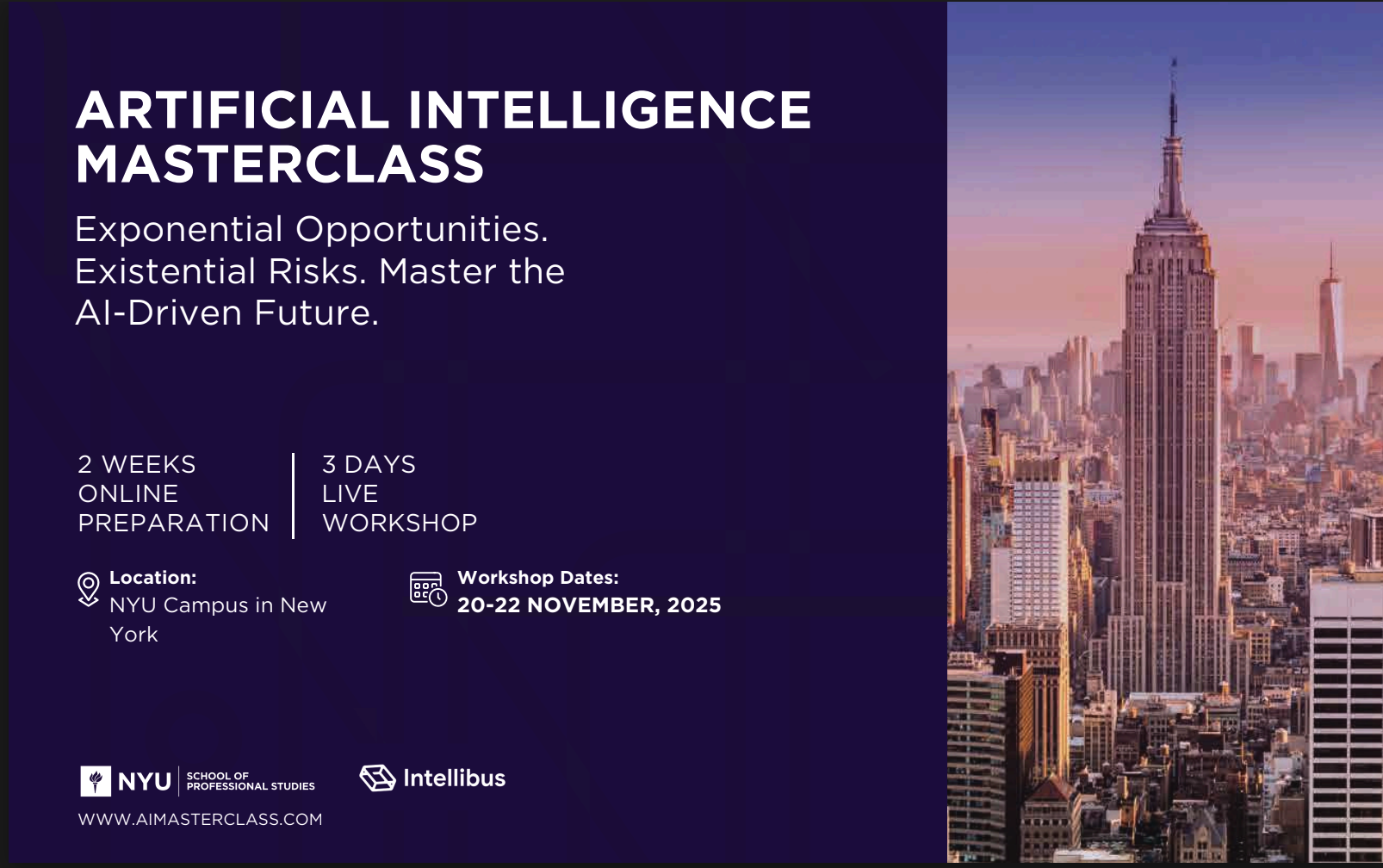What is Cognitive Computing?
Understanding Cognitive Computing
Cognitive computing is typically associated with IBM's project, Watson. This technology replicates human intelligence, providing mechanisms of learning and interpreting vast amounts of unstructured data. Cognitive computing represents systems that learn at scale, reason purposefully, and interact naturally with humans. These systems generate hypotheses based on evidence and offer detailed answers with relative confidence.
Key Characteristics of Cognitive Computing:
- Problem-solving: Cognitive systems can deal with complex situations that are characterized by ambiguity and uncertainty.
- Adaptive Nature: Cognitive computing systems can learn as information changes, and as goals and requirements evolve.
- Interactions: Cognitive systems interact with humans in a natural way.
- Iterative and Stateful: They can remember previous interactions and thus return information that is contextually relevant.
Cognitive Computing in Varied Industries:
A number of industries leverage cognitive computing due to its power to process voluminous data. This ability to sift through significant amounts of data aids in quick decision-making, resulting in optimized operations in sectors such as healthcare, finance, and retail, among others.
Implementing Cognitive Computing:
Successful implementation of cognitive computing systems requires careful planning and evaluation. Organizations must first delineate their requirements and determine how implementing cognitive computing can enhance their workflow and productivity.
Next, careful evaluation of different cognitive computing systems and vendors is necessary to identify the solution that best aligns with an organization's needs. The availability of ongoing support, maintenance and upgrades, interoperability with existing systems, and cost must all be considered during this evaluation phase.
Post-implementation, it's important to continually monitor the system's performance and optimize the solution as necessary based on performance feedback and changing needs of the organization.
Artificial Intelligence Master Class
Exponential Opportunities. Existential Risks. Master the AI-Driven Future.
Advantages and Drawbacks of Cognitive Computing:
- Effective Data Management: Cognitive computing enables organizations to effectively manage and utilize their data for improved decision-making.
- Intuitive Interaction: Cognitive computing systems can interact with humans in human-like ways, offering an intuitive experience.
- Speedy Analysis: Given that these systems can read and understand vast amounts of data, analysis is speedy and efficient.
- Reduced Cost: Utilizing cognitive computing can significantly reduce the costs involved in data management and analysis.
- Real-time Processing: Cognitive computing allows for real-time processing of data, enhancing the decision-making process.
- Increased Productivity: With cognitive computing shouldering tasks involving data analysis, humans are freed up to engage more in critical tasks, thereby increasing productivity.
However, like any other technology, cognitive computing also comes with certain challenges:
- Limited Similarity to Human Brain: Despite the advancements in cognitive computing, it doesn’t perfectly mimic the human brain. Specifically, it lacks the ability to understand nuances in human behaviour or speech.
- Expensive technology: Implementing cognitive computing solutions can be significantly expensive.
- Lack of Skilled Workforce: Cognitive computing is a complex technology, and adequate skills are required to handle these systems. A lack of such skills can limit the use of this technology.
- Threat to Jobs: Cognitive computing systems can conduct tasks that were traditionally performed by humans. This raises concerns about job security for those in roles that the technology could replace.
- Integration Challenges: Integration with existing systems can sometimes pose significant challenges due to the sophisticated nature of cognitive computing technology.
As an emerging field, cognitive computing promises to drive significant changes in various sectors. With proper understanding, planning, and implementation, cognitive computing can facilitate highly effective and efficient decision-making within organizations. However, organizations must navigate the complexities and challenges associated with the technology to ensure successful implementation and utilization. Therefore, strategic planning and thorough understanding regarding implementation of cognitive computing are fundamental to successfully leveraging the benefits this powerful technology offers.
Take Action

Download Brochure
- Course overview
- Learning journey
- Learning methodology
- Faculty
- Panel members
- Benefits of the program to you and your organization
- Admissions
- Schedule and tuition
- Location and logistics



